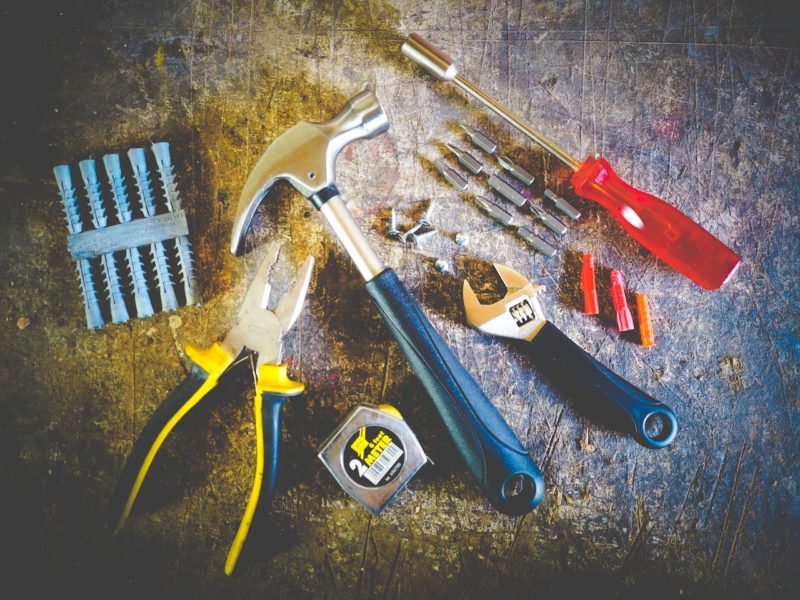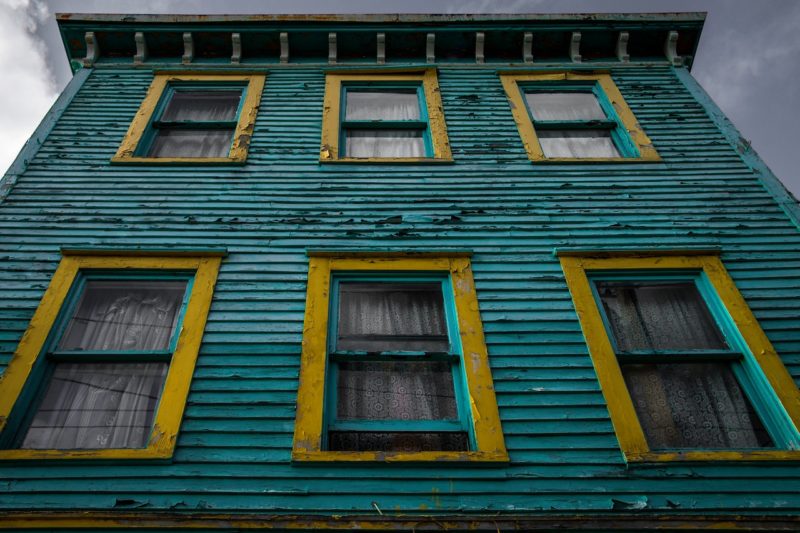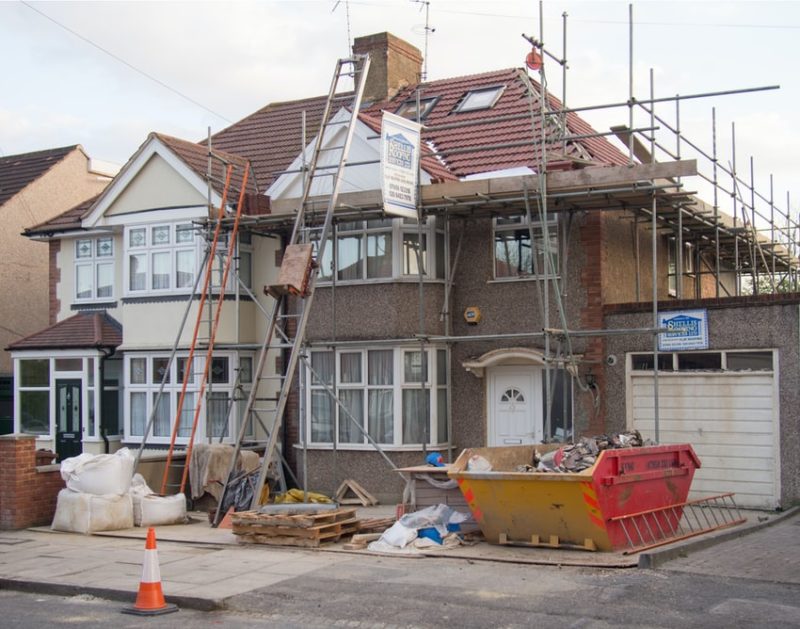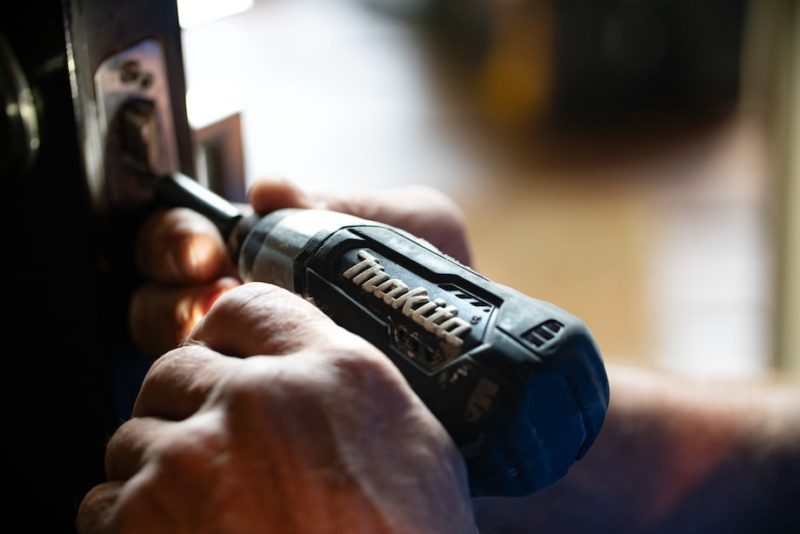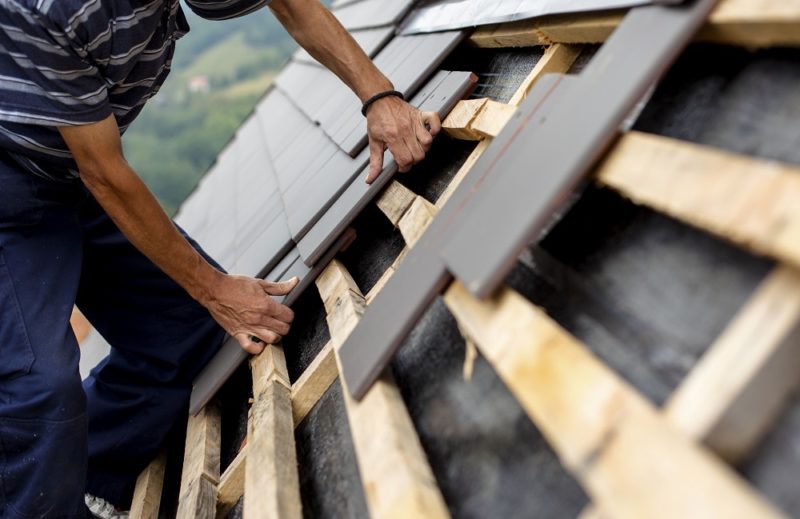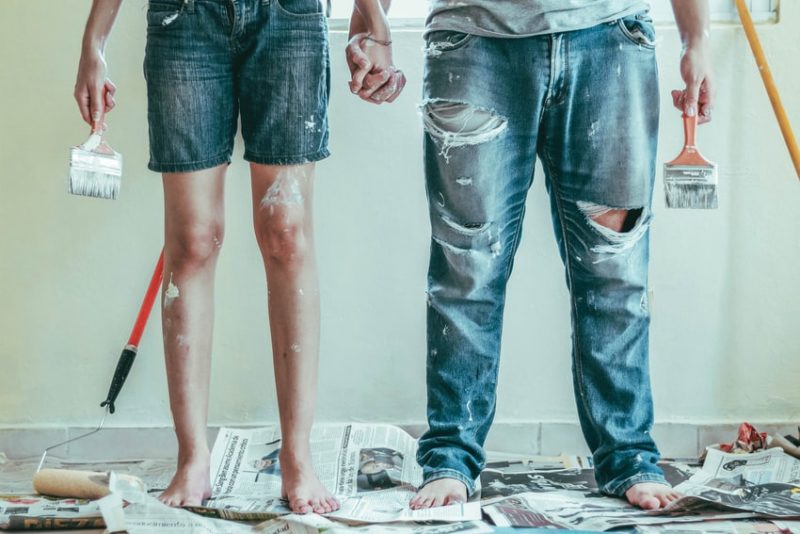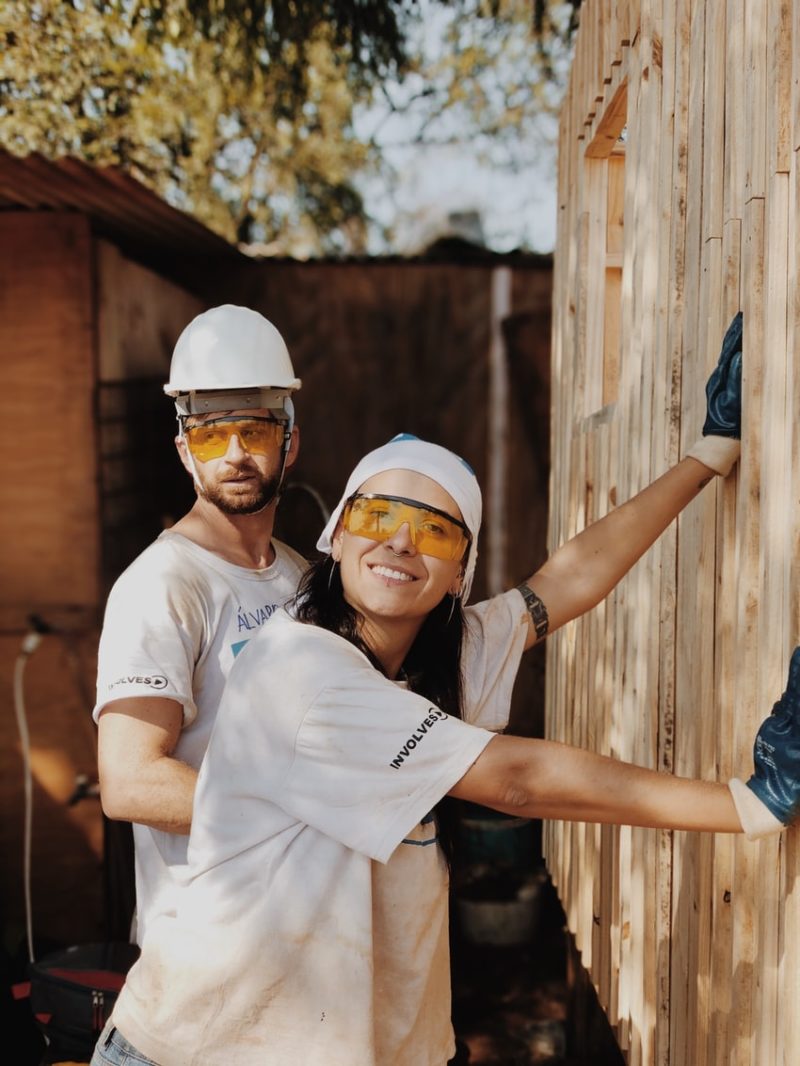Unexpected Property Maintenance: A Guide for New Homeowners
As a new homeowner, you’re likely to be over the moon with excitement, but you may also feel a little overwhelmed. Owning a home is a big responsibility, and there are many things to consider when it comes to upkeep and maintenance. An often overlooked but important element of home ownership is unexpected property maintenance. Unexpected property maintenance means having the foresight to anticipate repair and replacement needs and having a plan in place to address them. This guide will provide new homeowners with helpful tips on how to prepare for and handle unexpected property maintenance. With the right preparation and attitude, you’ll be ready to tackle whatever comes your way.
The Importance of Property Maintenance
Maintenance is crucial to the longevity and overall health of a home. Having home maintenance work performed regularly can help prevent problems that may be costly to repair later on down the road. Furthermore, performing regular maintenance can extend the life of your home’s systems and fixtures. Maintenance tasks include inspecting and cleaning systems, replacing worn-out fixtures, and repairing small issues before they become big problems. Regular maintenance can also help you avoid wasting water and energy. If you’re new to home maintenance, there are plenty of online guides and resources available to help you get started.
How to Spot Potential Maintenance Issues
There are several key areas of your home that you should inspect regularly to look for signs of potential maintenance issues. These areas include your roof, exterior walls, plumbing, heating/air conditioning system, electrical system, and water systems. Your roof is susceptible to a variety of issues that should be inspected regularly. Look for issues such as missing or damaged shingles, a buildup of dirt and debris, broken flashing, or a curling or sagging roof. Exterior walls are vulnerable to water damage, insect infestations, and termite/rot issues. Water damage can be caused by a variety of issues, including roof leaks, broken sprinkler systems, and clogged gutters. Your plumbing is particularly susceptible to clogs, leaks, and buildups of sediment. Your heating/air conditioning systems may require repairs or even a full replacement. Electrical systems can pose both fire and electrocution threats. Your water systems can develop rust, corrosion, and water quality issues.
How to Address Maintenance Issues
Small maintenance issues can often be fixed with relative ease. However, if you don’t know how to handle a specific issue, it can quickly turn into a costly repair. Before you tackle a maintenance issue, you may want to consult a repair website, such as Repair.org, where you’ll find do-it-yourself guides, as well as information on hiring a professional. If you decide to hire a professional, you should receive multiple quotes from different contractors to compare prices and select the best option. Contractors should be licensed and insured and have good reviews, preferably from members of your community or social media websites. Always be sure to get a detailed written estimate, and be on the lookout for red flags, such as contractors who are demanding upfront payment or financing.
Preparing for Unexpected Property Maintenance
Preventative maintenance is the best way to prepare for unexpected property maintenance issues. Once your home’s systems, fixtures, and appliances have been thoroughly inspected, it’s important to keep up with regular maintenance to minimize the risk of future issues. When you’re first starting out, it’s a good idea to get a general home inspection from a professional. This will not only help you spot issues, but it can also help you budget for future repairs. Once you’ve identified areas of concern, you’ll need to decide how best to proceed. Ideally, you’ll want to budget for repairs and maintenance as soon as you purchase a home. Be sure to take your finances into consideration and plan accordingly. If you don’t have the funds available, you may want to consider obtaining a home equity loan or line of credit.
Homeowner’s Insurance
Homeowner’s insurance is an important part of being a homeowner. It protects your home, belongings, and financial future in the event of catastrophic damages, such as leaks and fires. Homeowner’s insurance also covers costs associated with repairs and replacements due to theft, vandalism, and other incidents. Homes come with an array of unique and complex systems that are prone to malfunctions and breakdowns. If your home suffers any type of damage, such as a flood or fire, homeowner’s insurance can help you recover financially. Many homeowner’s insurance policies come with standard liability coverage that protects you in the event you or one of your visitors is injured on your property. This coverage is vital for new homeowners, as it can help you avoid incurring costly medical debts.
Maintenance Budgeting Tips
Home maintenance is an ongoing expense that you’ll want to plan for. You’ll want to include a line item in your budget for future repairs and scheduled maintenance procedures. The best way to do this is to create a maintenance checklist that details all of your home’s systems and appliances, including their expected lifespan. Once you have this information, you can calculate when you’ll likely need to take action. Another way to budget for maintenance is to create an insurance fund. Many insurance companies allow policyholders to deposit funds in a designated account, which can be used to pay repair costs.
Hiring a Home Maintenance Professional
Depending on your specific circumstances, hiring a home maintenance professional may be the best way to go. Home maintenance professionals can handle repairs and scheduled maintenance procedures in various parts of your home. When hiring a home maintenance professional, always check their credentials and references. Look for contractors who are licensed and insured, as well as members of trade organizations. Be sure to also read reviews and testimonials from previous customers. A good way to find contractors in your area is to use an online service such as HomeAdvisor or Angie’s List. Whether you’re in need of tree service in Portland or roofing in Miami, the professionals will help you get the job done right.
Conclusion
When purchasing a home, it’s important to remember that maintenance is a lifelong process. It may seem overwhelming at first, but there are many things you can do in preparation for unexpected maintenance issues. By performing regular maintenance, you can prevent small issues from turning into larger problems. It’s also important to keep up with home inspections to ensure that your home is operating at optimal efficiency.

